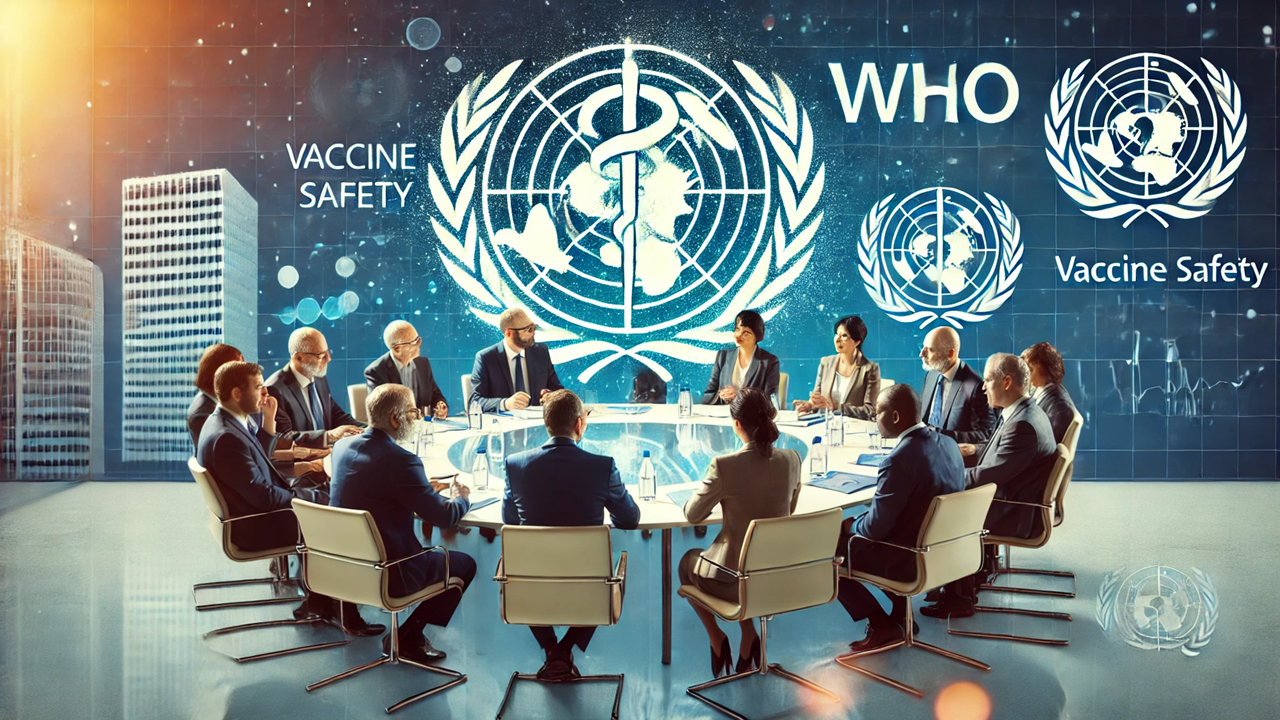WHO Director-General Dr. Tedros Adhanom Ghebreyesus and WHO Regional Director for the Eastern Mediterranean, Dr. Hanan Balkhy, concluded a crucial two-day visit to Port Sudan, where they stressed the urgent need for international support to alleviate the country’s extreme health and humanitarian crisis. Meeting with key Sudanese leaders, including Lt. Gen. Abdul Fatah Al-Burhan and Dr. Malik Agar, their discussions focused on the dire impact of ongoing conflict and the critical need for unhindered humanitarian access.
During a press conference in Port Sudan, Dr. Tedros warned of the international community’s neglect of Sudan, calling for immediate action. "The world has seemingly forgotten about Sudan, with devastating repercussions for the region. We are here to urge the global community to wake up and help Sudan escape this nightmare," he stated.
The conflict, which has persisted for over 500 days, has decimated Sudan’s health system, with over 100 attacks on healthcare facilities and numerous casualties among health workers. Many medical professionals have fled, leaving millions of Sudanese without access to essential healthcare.
Dr. Tedros and Dr. Balkhy visited a WHO-supported nutrition center where they witnessed the malnutrition crisis gripping the country. Currently, 3.6 million children are acutely malnourished, with 730,000 suffering from severe acute malnutrition. The conflict has worsened food insecurity, hindering efforts to provide vital nutrition and healthcare services.
At an internally displaced persons camp, they saw firsthand the harsh living conditions residents endure. Lack of food, clean water, and medicine, combined with heightened risks of disease outbreaks and gender-based violence, particularly threaten the estimated four million women and girls at risk.
Dr. Balkhy emphasized the critical need to rebuild Sudan's healthcare infrastructure, which has been largely destroyed. She noted that substantial investment is required not only to restore facilities but also to strengthen the health workforce. "A functioning health system is essential for Sudan’s economic recovery and future stability," she added.
Both WHO leaders underscored the importance of sustained international efforts to advance peace and provide the necessary aid. "Peace is the only way forward, but the international community must act now to provide the resources and security required to deliver humanitarian assistance across the country," said Dr. Tedros.
Sudan’s ongoing conflict has left over 25 million people, more than half the population, in need of urgent humanitarian aid. WHO's funding gap for the Sudan health crisis remains concerning, with only 24% of the requested support received.
The visit concluded with the opening of WHO’s new office in Port Sudan, enabling expanded efforts to reach those affected by the crisis.











